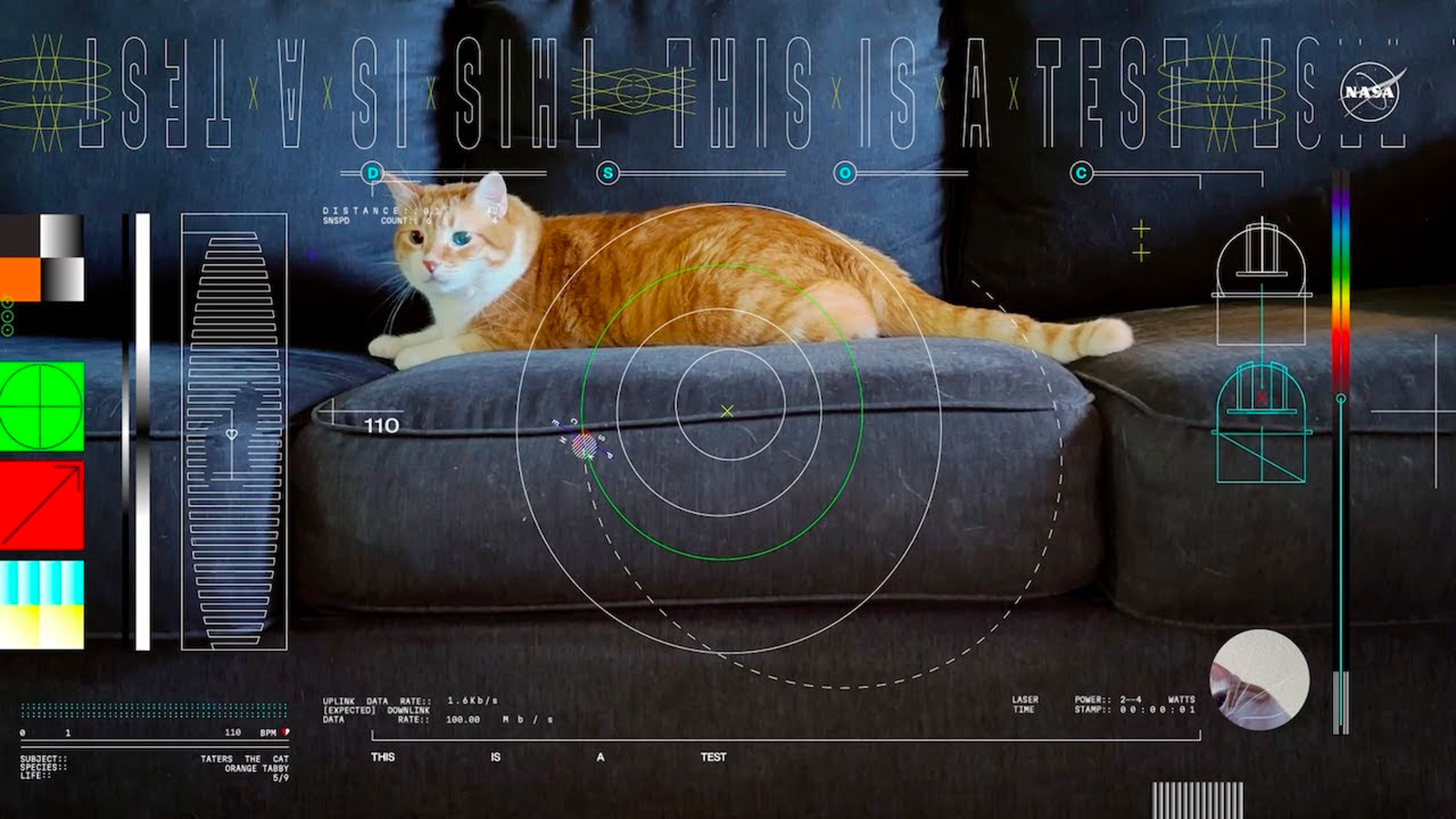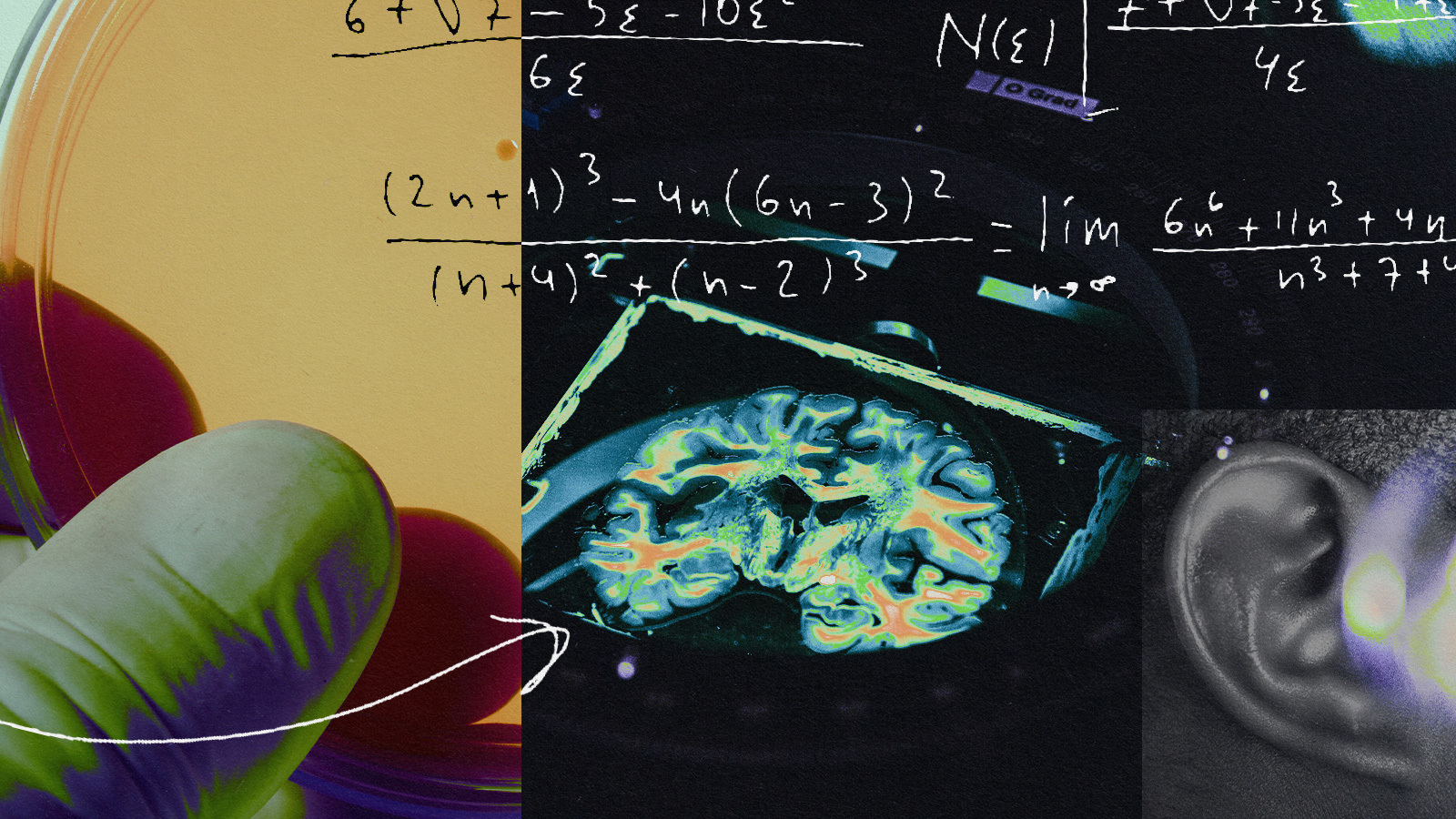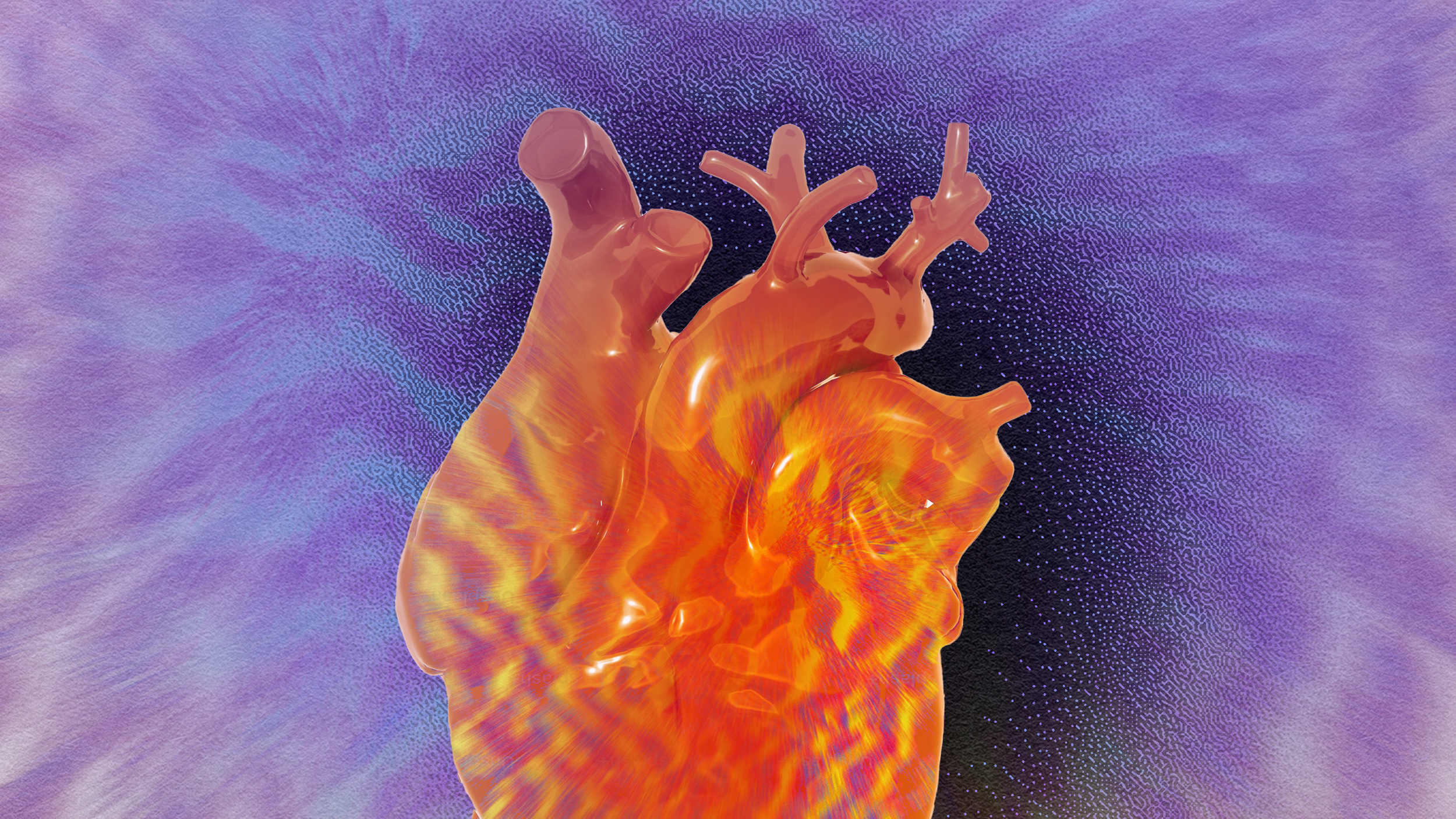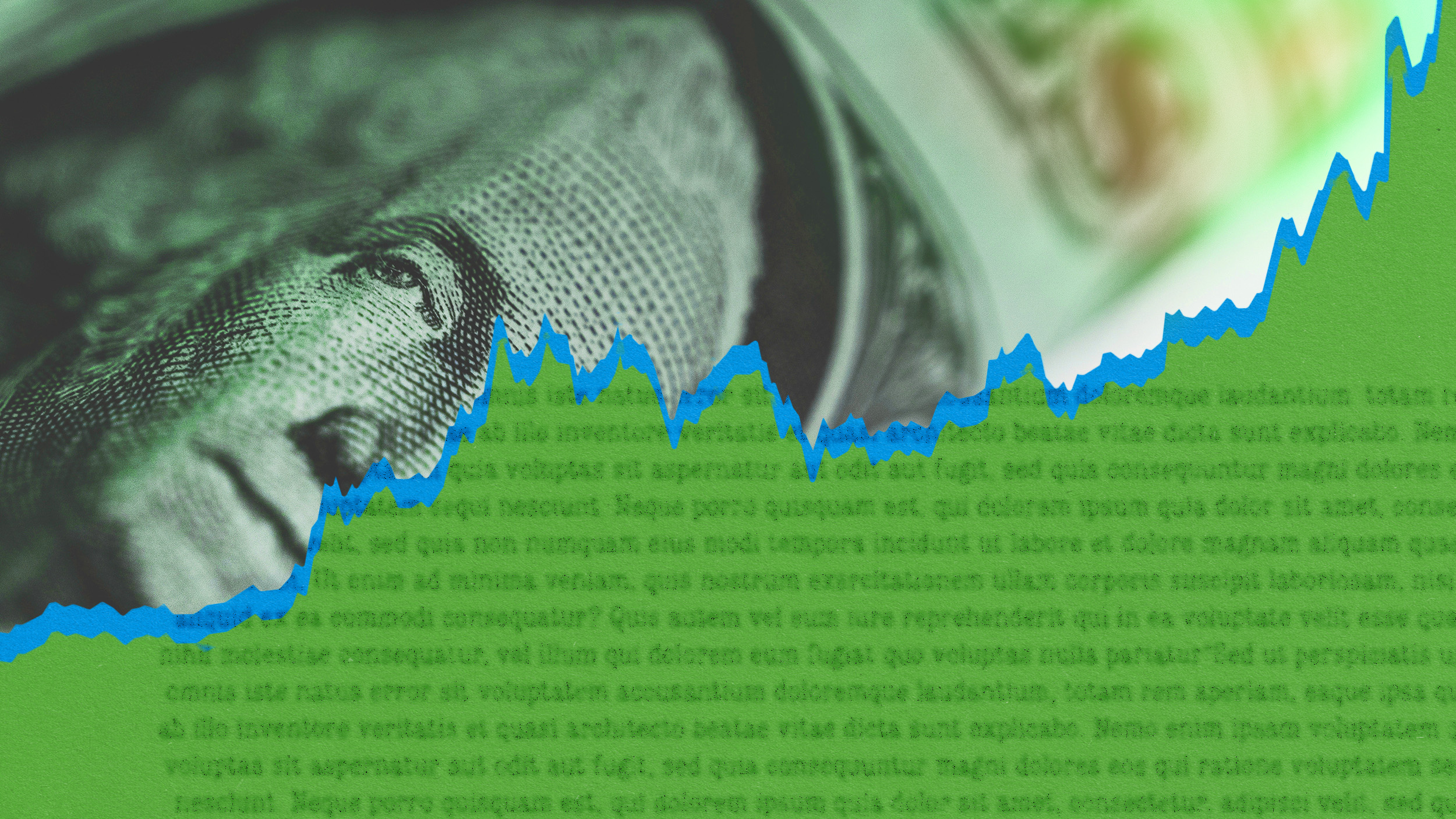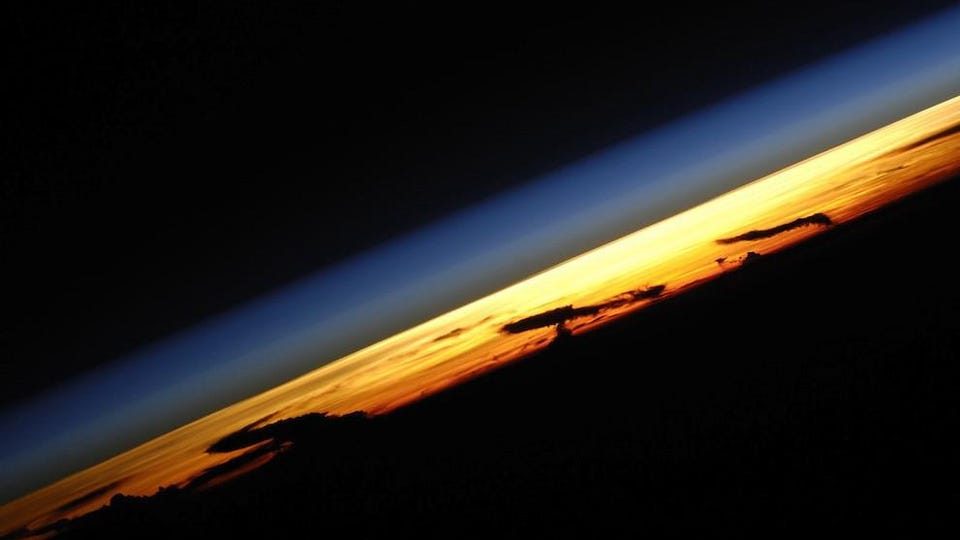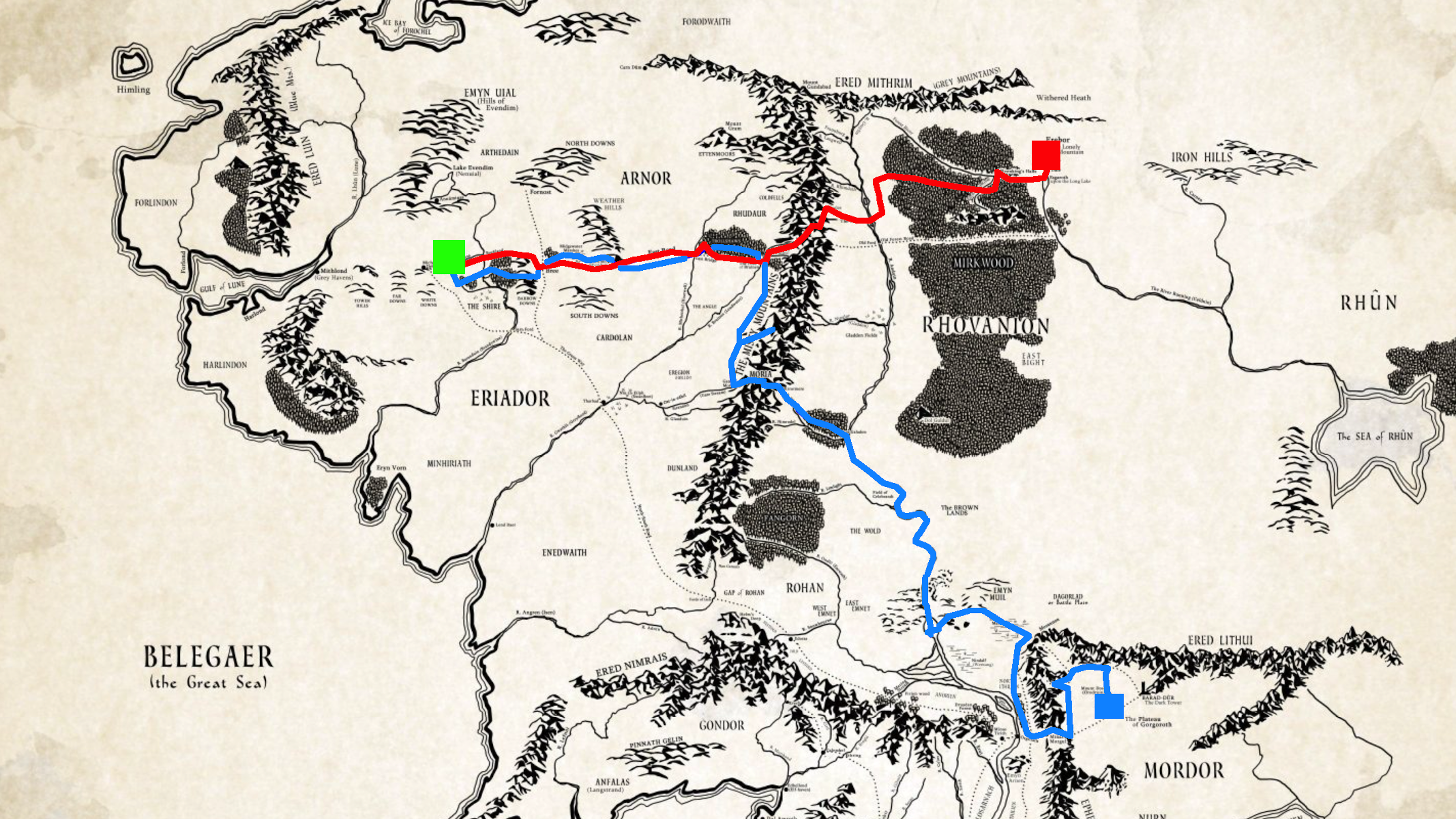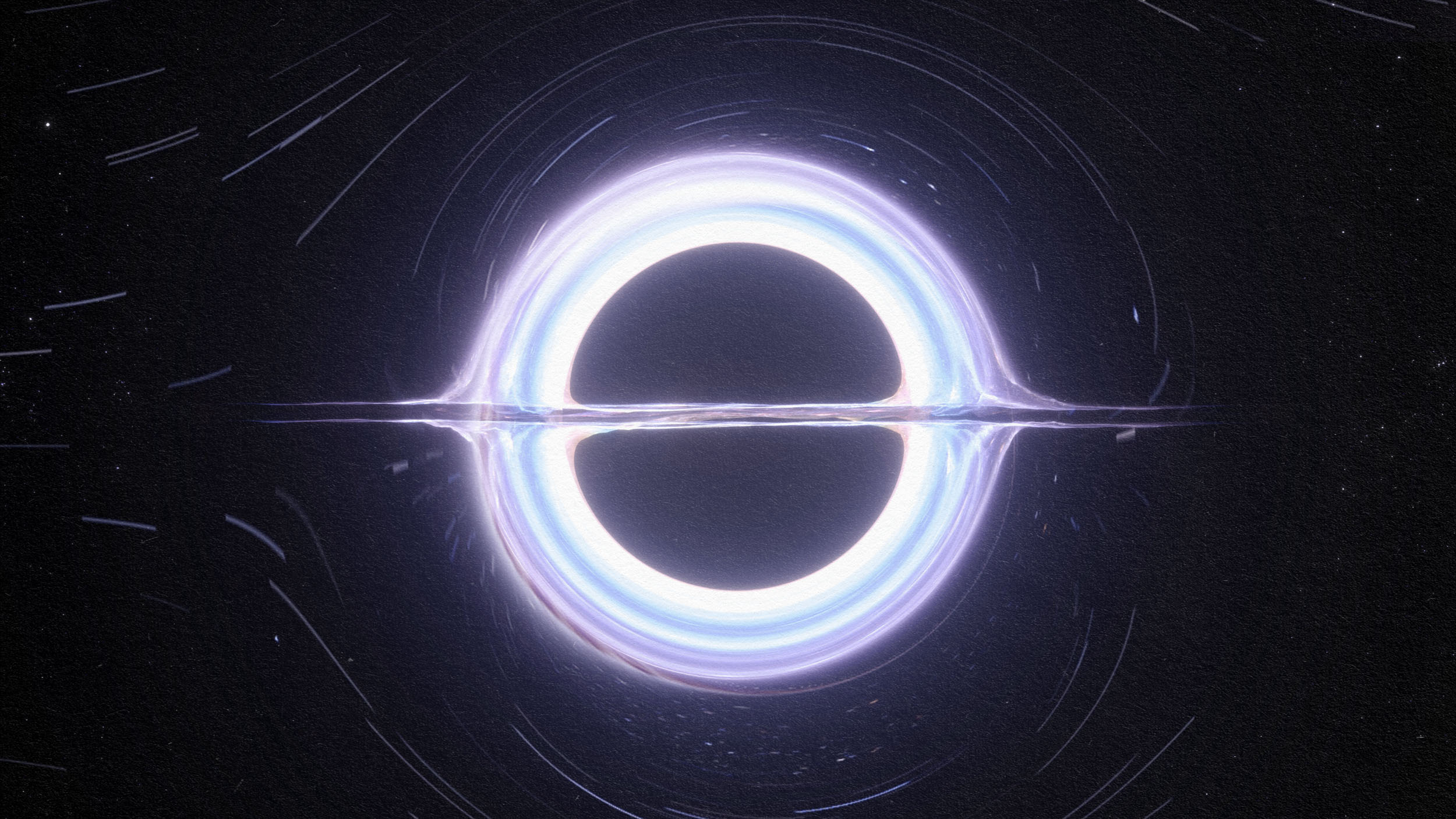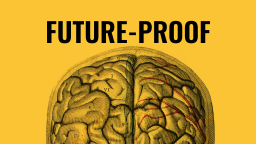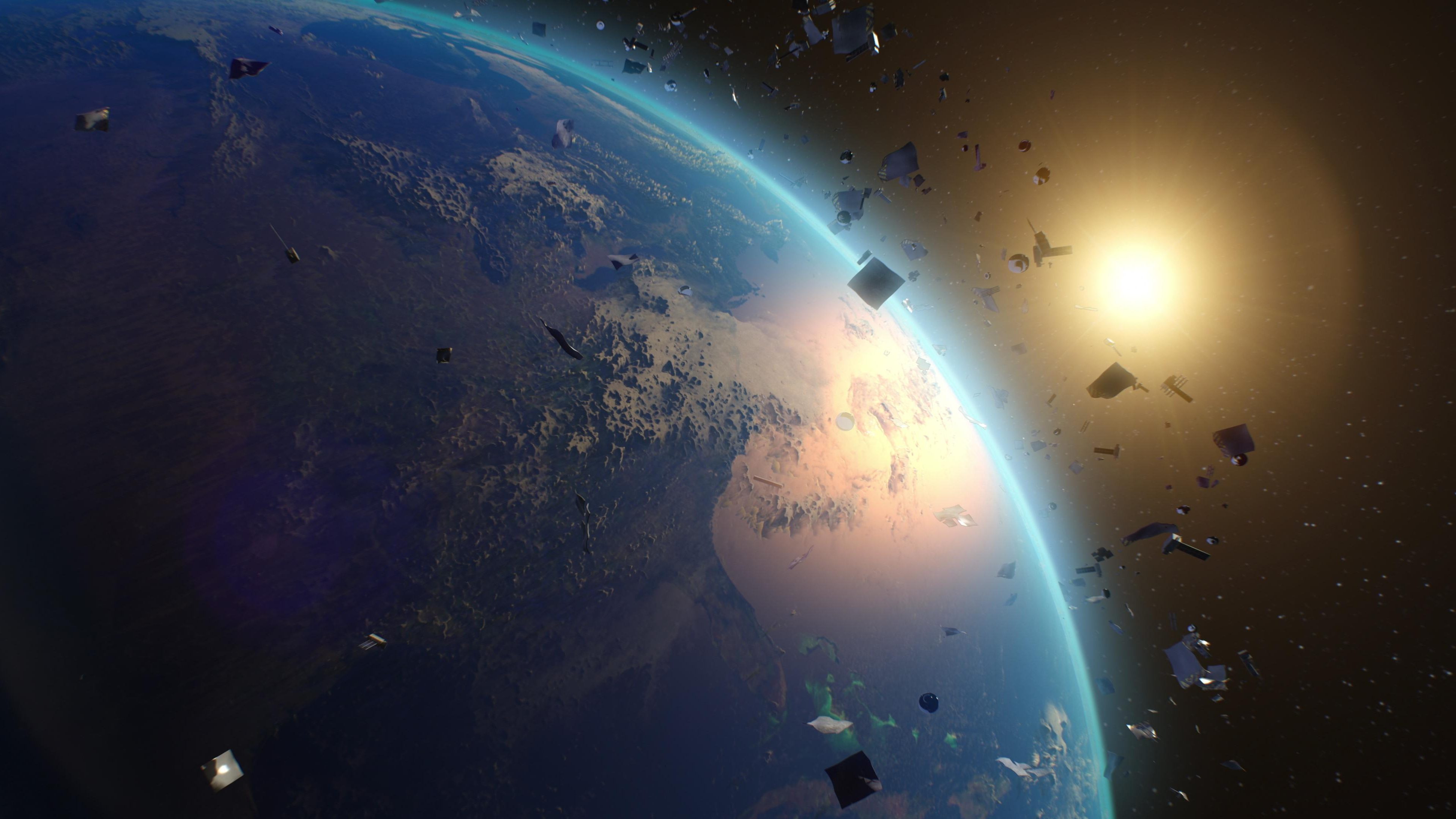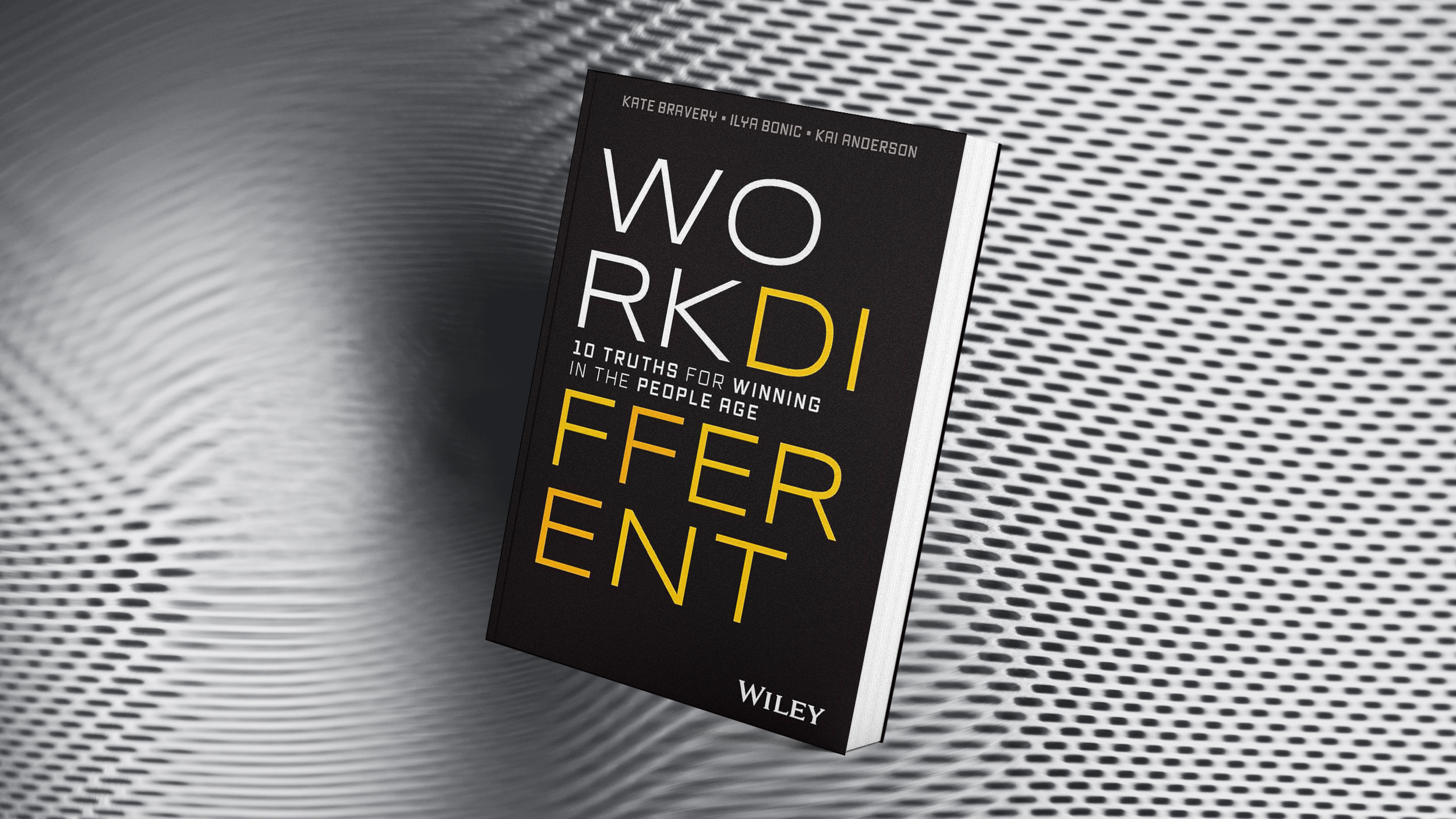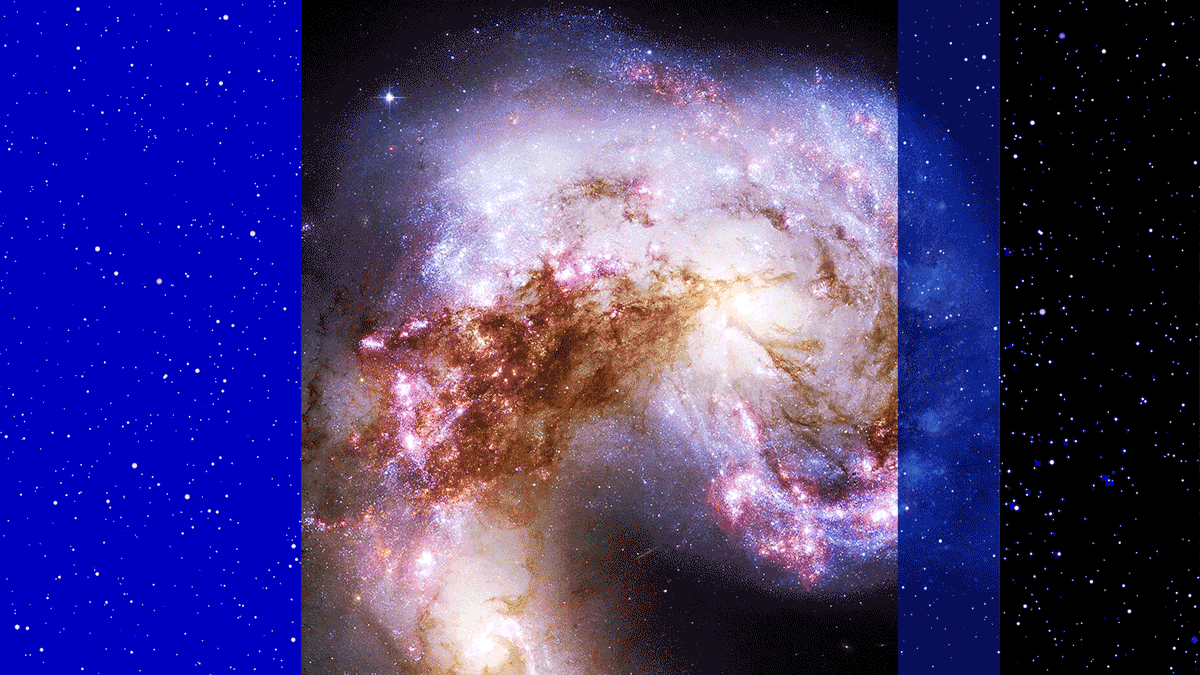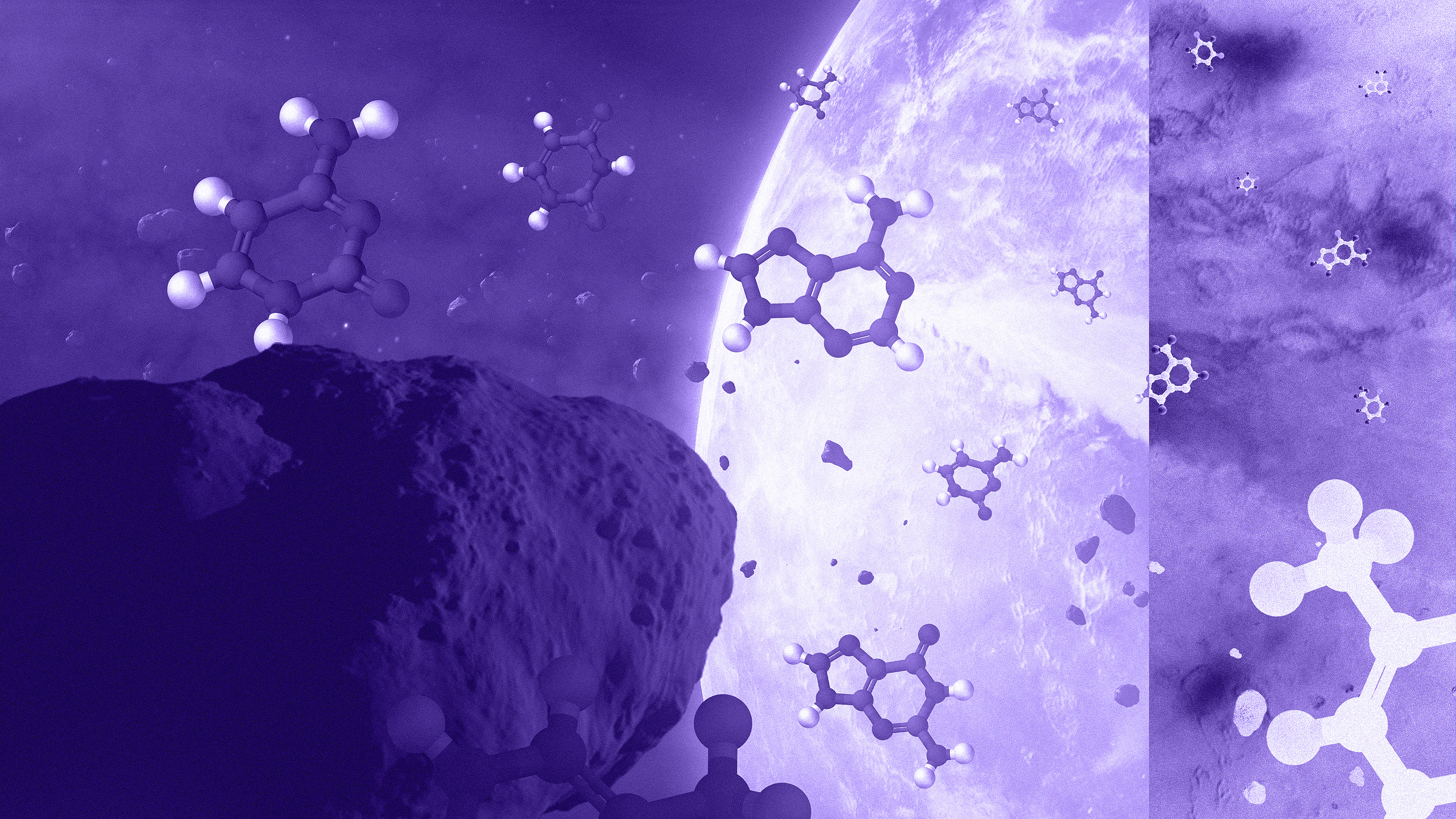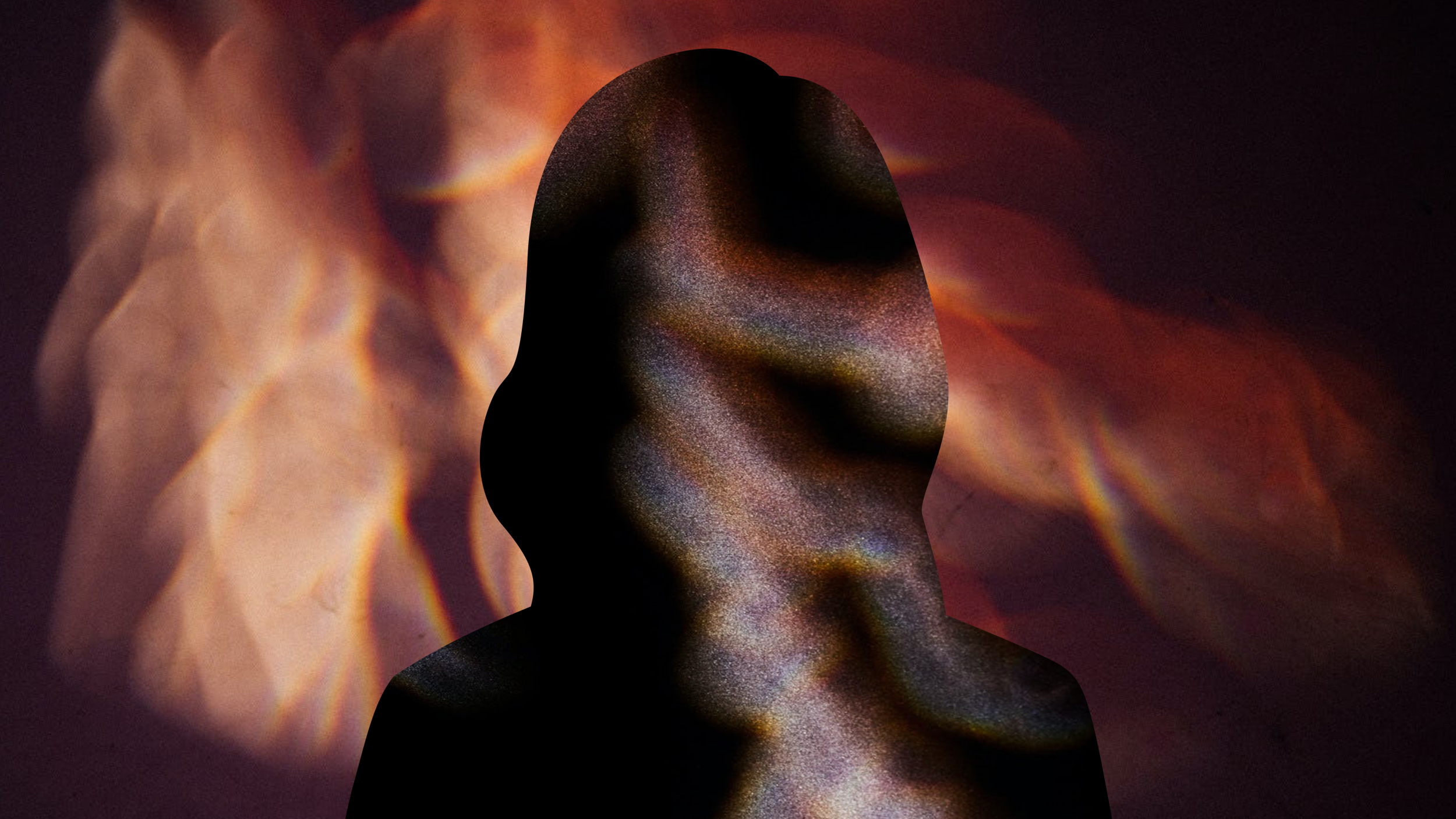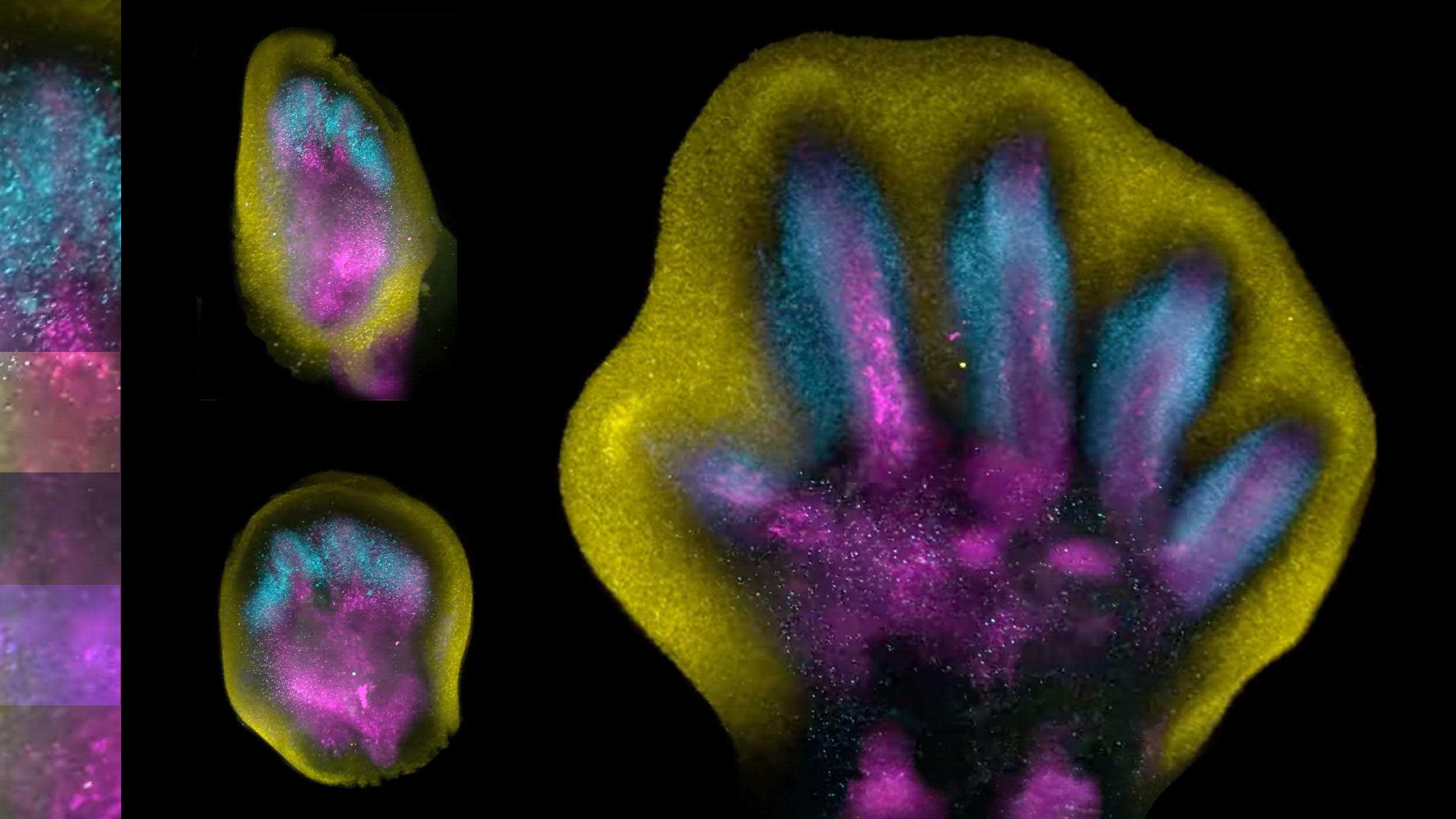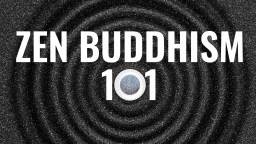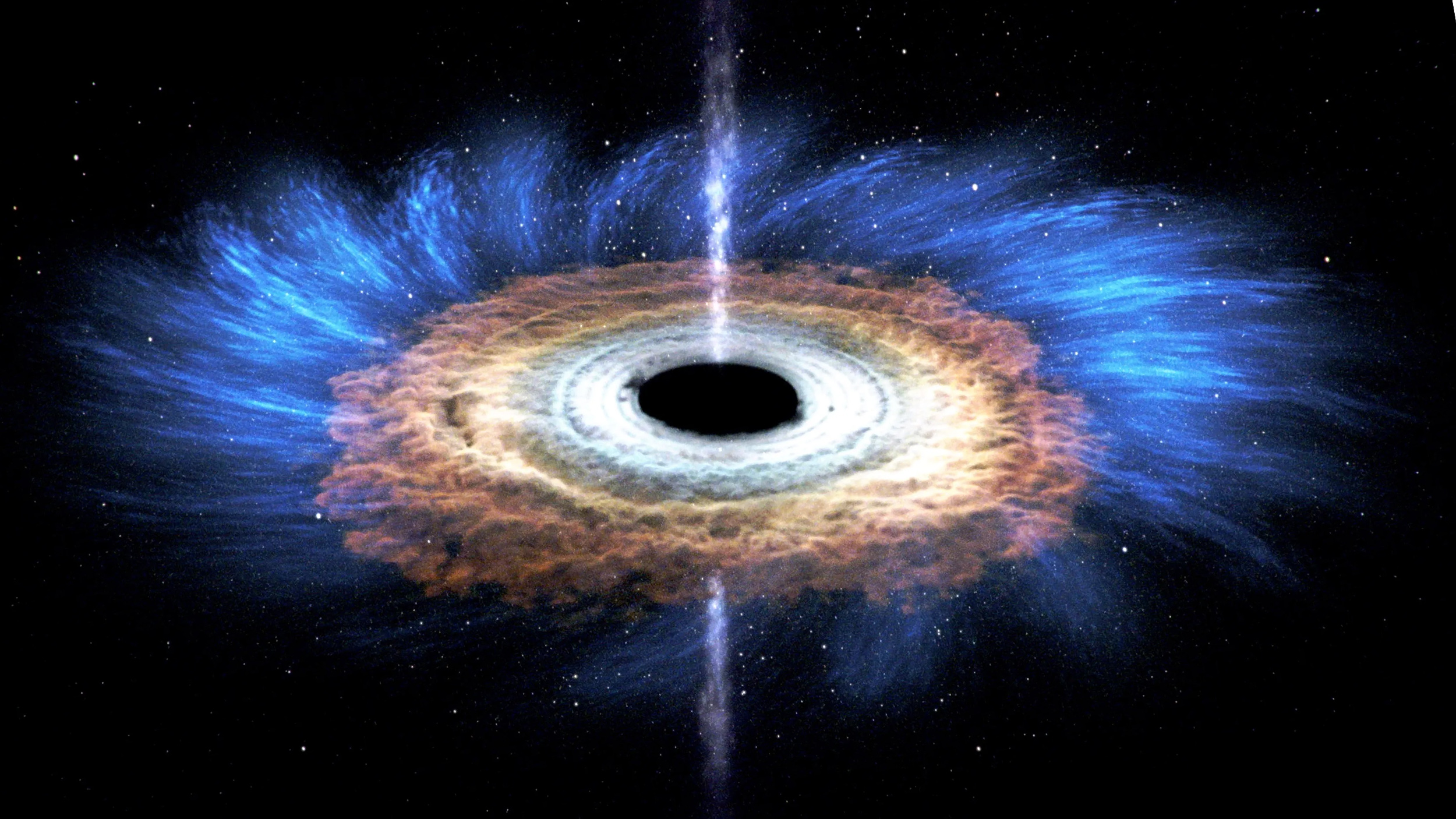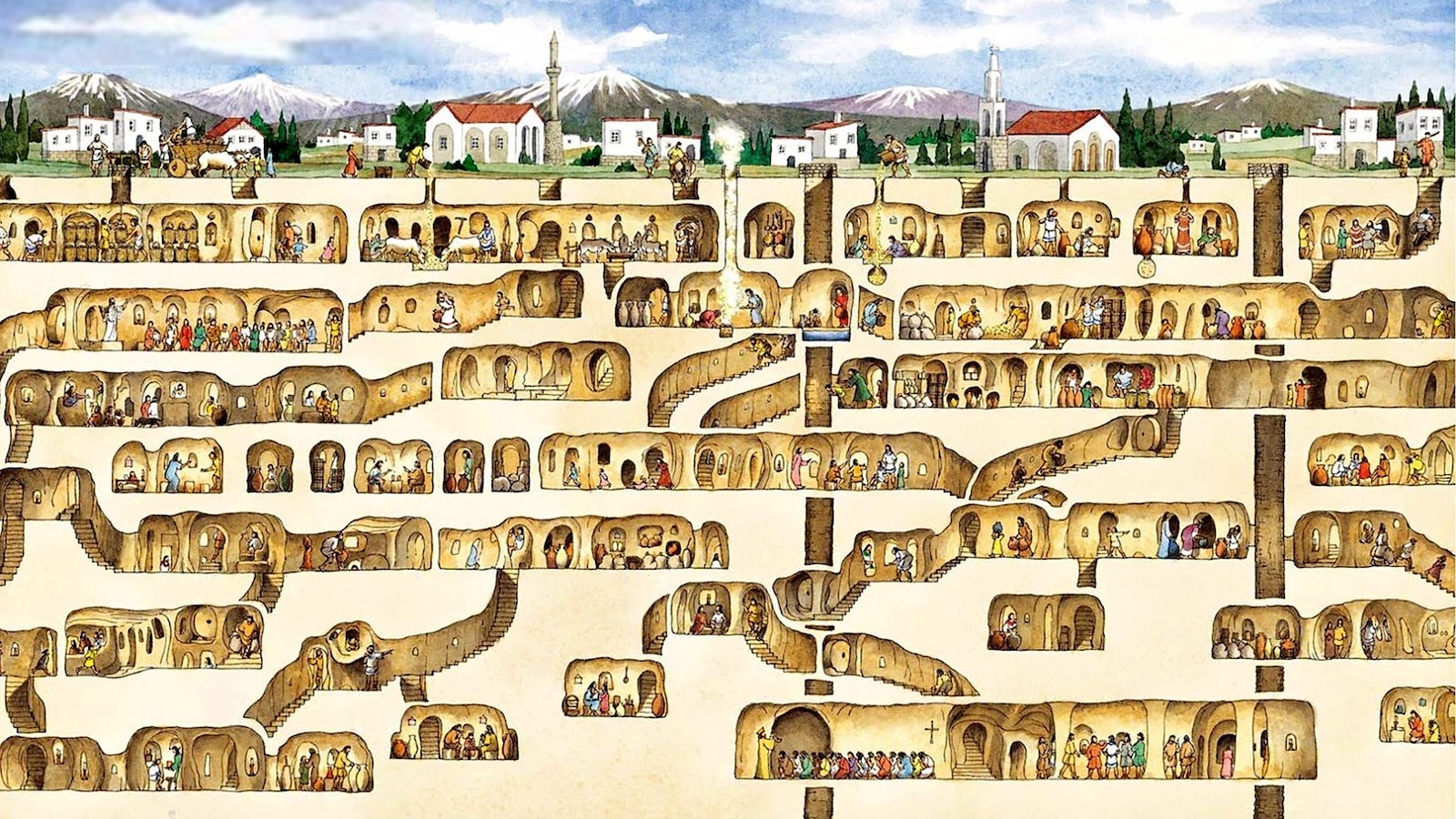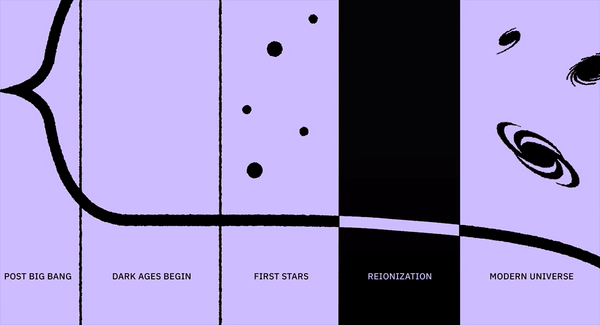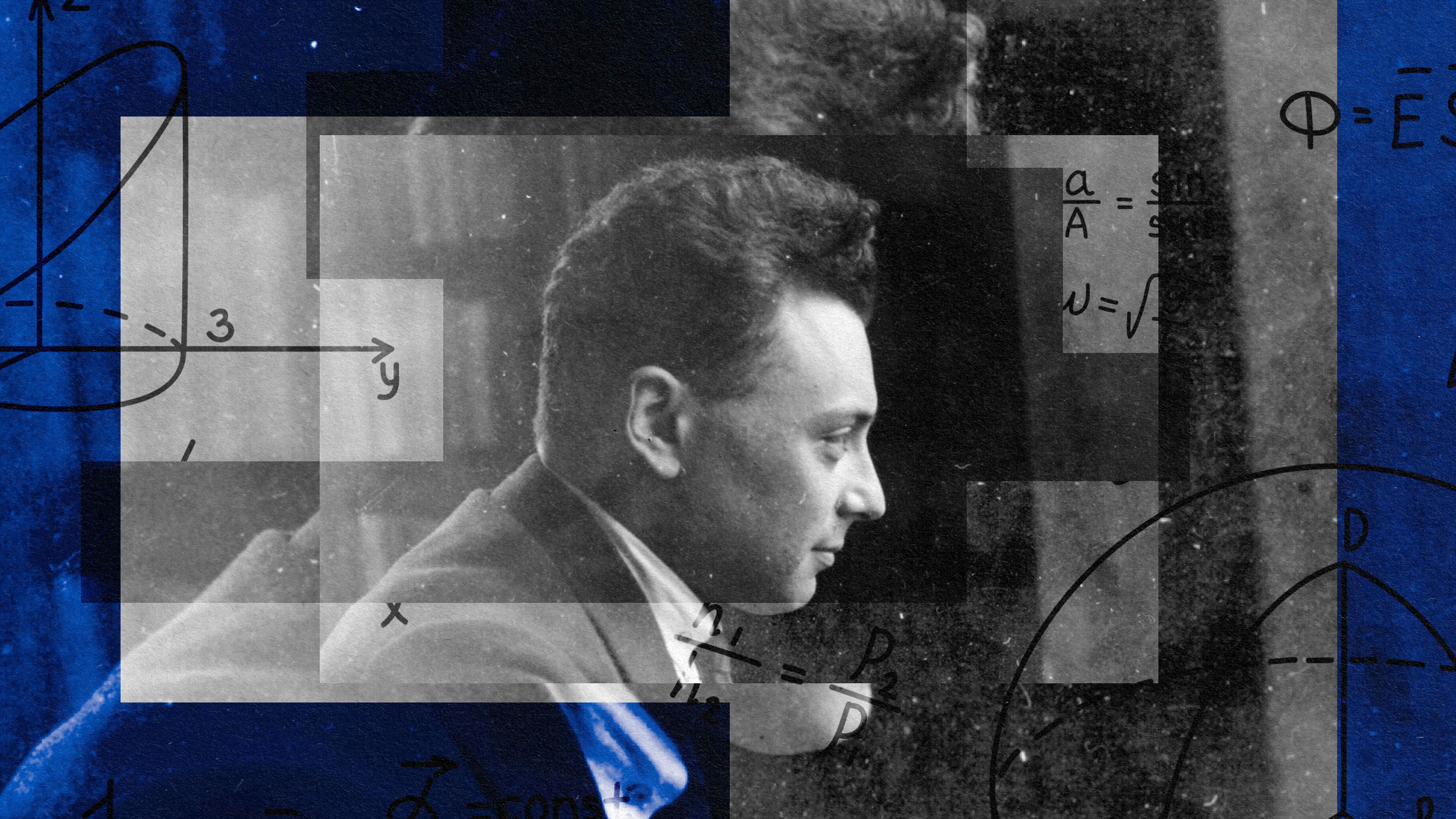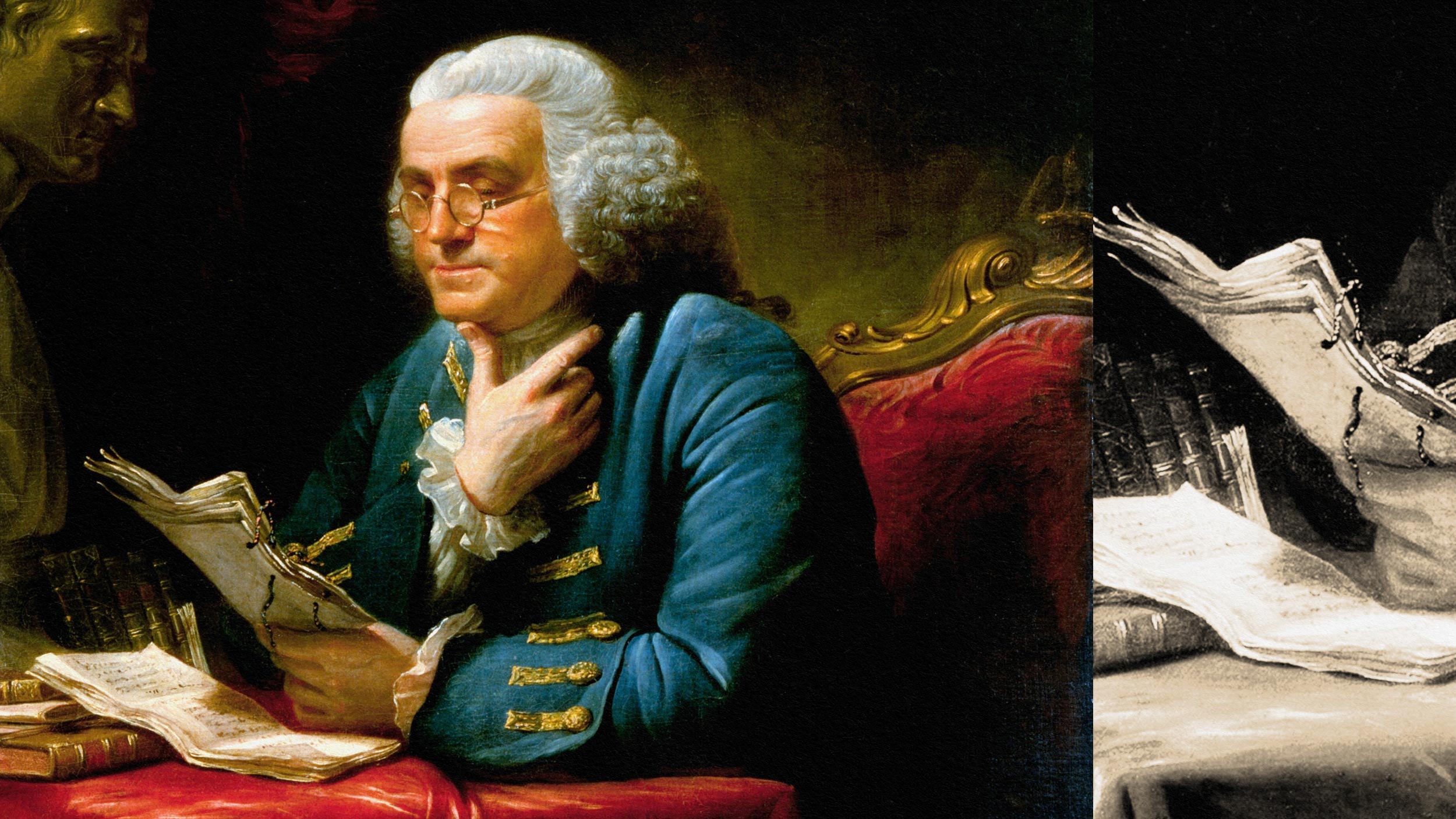The record-breaking transmission could revolutionize deep space communication.
Here in the 21st century, quantum computing is quickly going from a dream to a reality. But what’s hype, and what’s actually true?
It could perform a speech recognition task with 78% accuracy.
Napoleon Bonaparte was a man of many faces. European historian Michael Broers explains which are featured on the silver screen and why.
The heart’s rhythms may play a larger role in shaping psychedelic experiences than previously thought.
Slack’s recent radical upskilling booster week highlighted the urgent need for new approaches to L&D: here are some of the most groundbreaking.
The cosmic scales governing the Universe are almost unbelievably large. What if we shrunk the Sun down to be just a grain of sand?
The U.S. ranked 59th worldwide.
Actor and science communicator Alan Alda shares his three rules of three for effective and empathic communication.
Intentions tend to get mangled by overreach in every complex organization — so dial up the charisma and the clarity.
Figuring out the answer involved a prism, a pail of water, and a 50 year effort by the most famous father-son astronomer duo ever.
Fantasy, meet statistics: The census comes to Middle-earth!
Here’s why the answer may forever elude scientists.
Well-rounded business teams can be built by distilling key insights from sporting data. Bottom line: don’t overstock on superstars.
He revolutionized hospitality, twice. Chip Conley shares his secrets to being able to evolve in an ever-changing world.
▸
9 min
—
with
With the invention of the leap year, the Julian calendar was used worldwide for over 1500 years. Over time, it led only to catastrophe.
Over 250 million records sold and more than 70 platinum hits later, Jason Derulo sits down with us to talk about goals, insecurities, and why he still doesn’t feel like he’s “made it.”
▸
6 min
—
with
Engagement with generative AI is a business essential — but all companies should be vigilant.
Today, the star-formation rate across the Universe is a mere trickle: just 3% of what it was at its peak. Here’s what it was like back then.
Earth wasn’t created until more than 9 billion years after the Big Bang. In some lucky places, life could have arisen almost right away.
Millions of people have had a near-death experience, and it often leads them to believe in an afterlife. Does this count as good proof?
The first-of-its-kind map, which goes all the way down to the level of a single cell, could help prevent common birth defects.
Eastern religion meets Western psychology: meet the Harvard professor who’s also a Zen priest as he explains how to relieve suffering using both faith and neuroscience.
▸
8 min
—
with
As early as we’ve been able to identify them, the youngest galaxies seem to have large supermassive black holes. Here’s how they were made.
The ominous cloud of acid rain hasn’t vanished but rather drifted toward the developing world.
A basement renovation project led to the archaeological discovery of a lifetime: the Derinkuyu Underground City, which housed 20,000 people.
For 550 million years, neutral atoms blocked the light made in stars from traveling freely through the Universe. Here’s how it then changed.
Wolfgang Pauli was a brilliant, well-liked physicist and a scathing critic of balderdash.
We each have the same 24 hours in the day. How will you spend yours?
